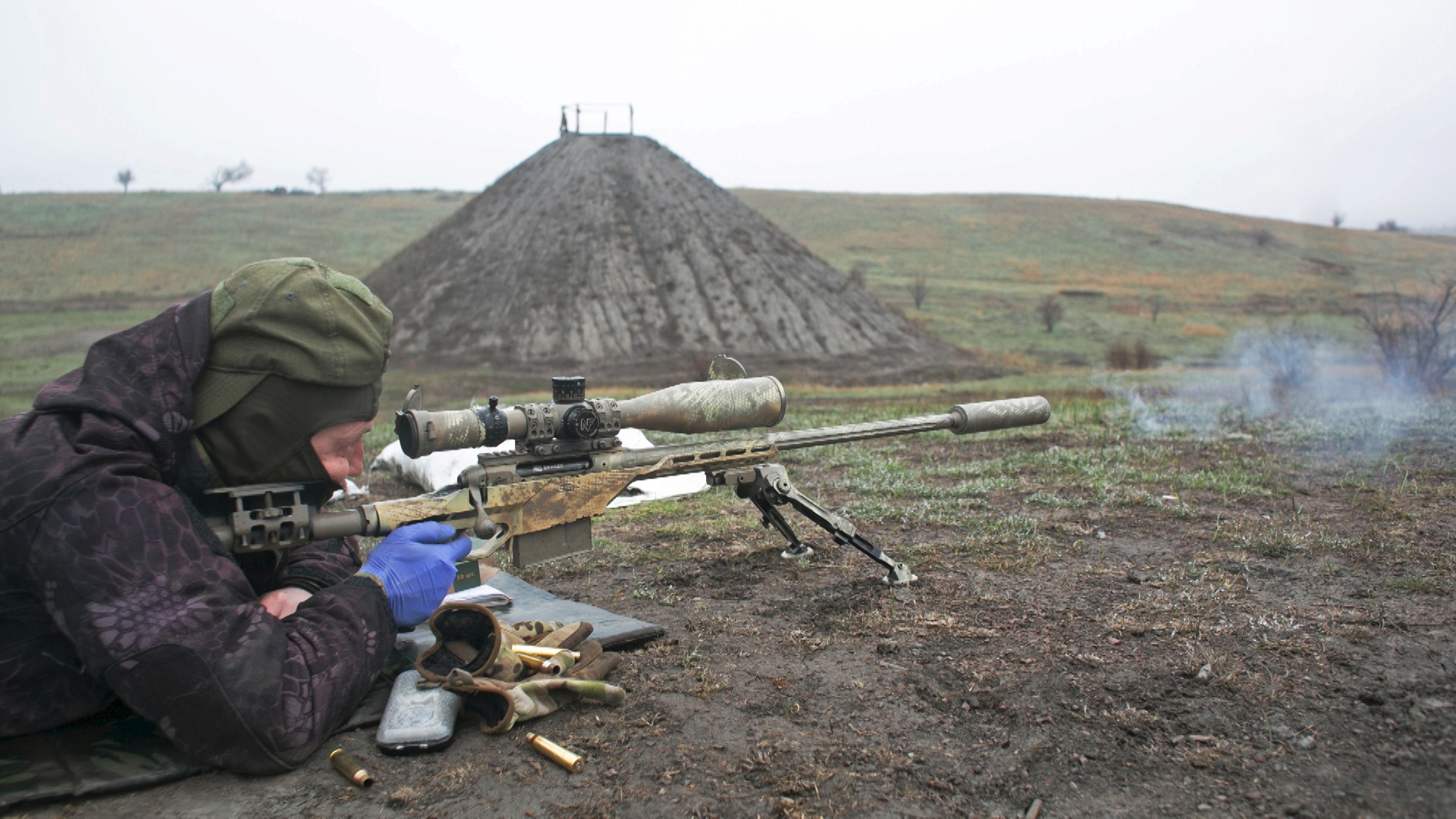02:48

NATO has called on Russia to end the "unjustified" build-up of "combat-ready" military forces around Ukraine, as concern mounts that the region could be headed towards an all-out war.
"Russia's considerable military build-up is unjustified, unexplained and deeply concerning," NATO Secretary-General Jens Stoltenberg said on Tuesday. "Russia must end this military build-up in and around Ukraine, stop its provocations and de-escalate immediately."
Stoltenberg met with Ukraine Foreign Minister Dmytro Kuleba at NATO headquarters in Brussels on Tuesday to discuss the situation.
U.S. Secretary of State Antony Blinken, who is also in Brussels for emergency talks, said Washington fully supports the sovereignty and territorial integrity of Ukraine.
READ MORE:
Rare earth metals explained
The long road to restoring Notre-Dame
Thunberg threatens to boycott COP26

U.S. Secretary of State Antony Blinken, front right, meets with Ukraine counterpart Dmytro Kuleba, front left, at NATO headquarters in Brussels. /AFP
U.S. Secretary of State Antony Blinken, front right, meets with Ukraine counterpart Dmytro Kuleba, front left, at NATO headquarters in Brussels. /AFP
"We're now seeing the largest concentration of Russian forces on Ukraine's border since 2014. And that is of deep concern not only to Ukraine but to the United States and indeed to many of our allies and partners," Blinken said, while meeting with Kuleba at NATO headquarters.
Skirmishes between Ukrainian forces and Russia-backed separatists have intensified in recent weeks. Since mid-March, the Kremlin has reportedly massed more than 80,000 troops along Ukraine's eastern border and the Crimean Peninsula.
According to United Nations figures, at least 13,000 people have died since the conflict began in 2014.
Kuleba urged NATO to intervene and floated the idea of more sanctions and military support.
"Some measures that we're talking about may look costly but the price of prevention will still be lower than the price of stopping the war and mitigating its consequence," Kuleba said.

The conflict on Ukraine's eastern border began in 2014. /CFP
The conflict on Ukraine's eastern border began in 2014. /CFP
Russia has denied it wants war, but has shown no signs of backing down. On Tuesday, Moscow accused the U.S. and other NATO countries of "deliberately turning Ukraine into a powder keg" and of moving troops and military equipment from Europe to Russian borders.
"About 40,000 military forces and 15,000 pieces of military equipment and vehicles are focused next to our territory," Russia's Defense Minister Sergey Shoigu said.
Moscow has also questioned Washington's motives in the Black Sea, where U.S. warships are due to arrive any day.
"What is the United States doing with their ships and military personnel constantly organizing some kind of activity along the lines of NATO in Ukraine, thousands of kilometers from their own territory?" Russia's Foreign Minister Sergey Lavrov asked on Monday. "That question remains unanswered."
On Sunday, Blinken warned there "will be consequences" if "Russia acts recklessly or aggressively," but stopped short of outlining what those consequences could include.
As tensions mount, the U.S. on Tuesday pledged to deploy an additional 500 troops to Germany as soon as this fall. U.S. Defense Secretary Lloyd Austin, who is also in Europe this week, said these forces would help prevent conflict and, "if necessary, to fight and win."

